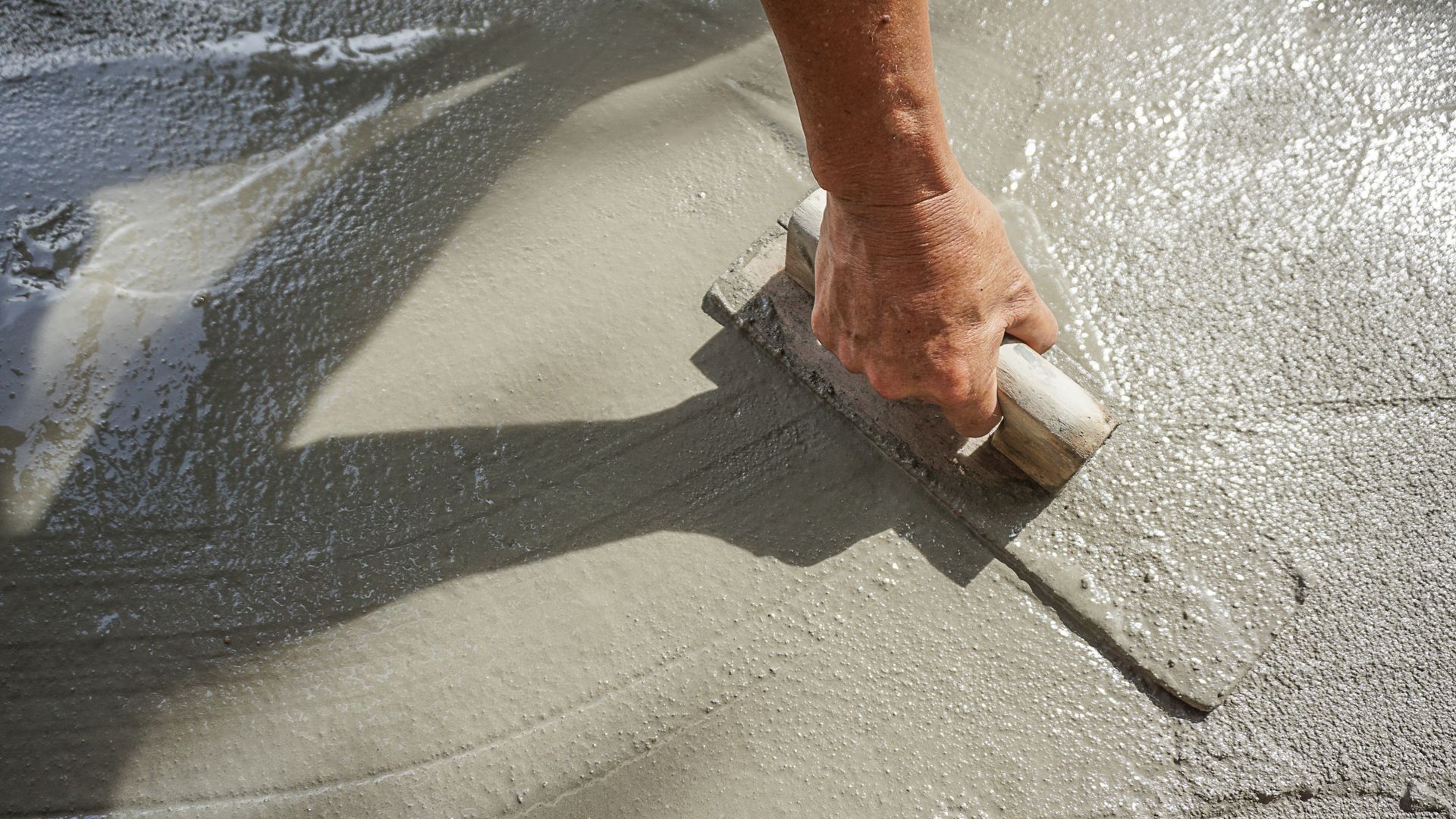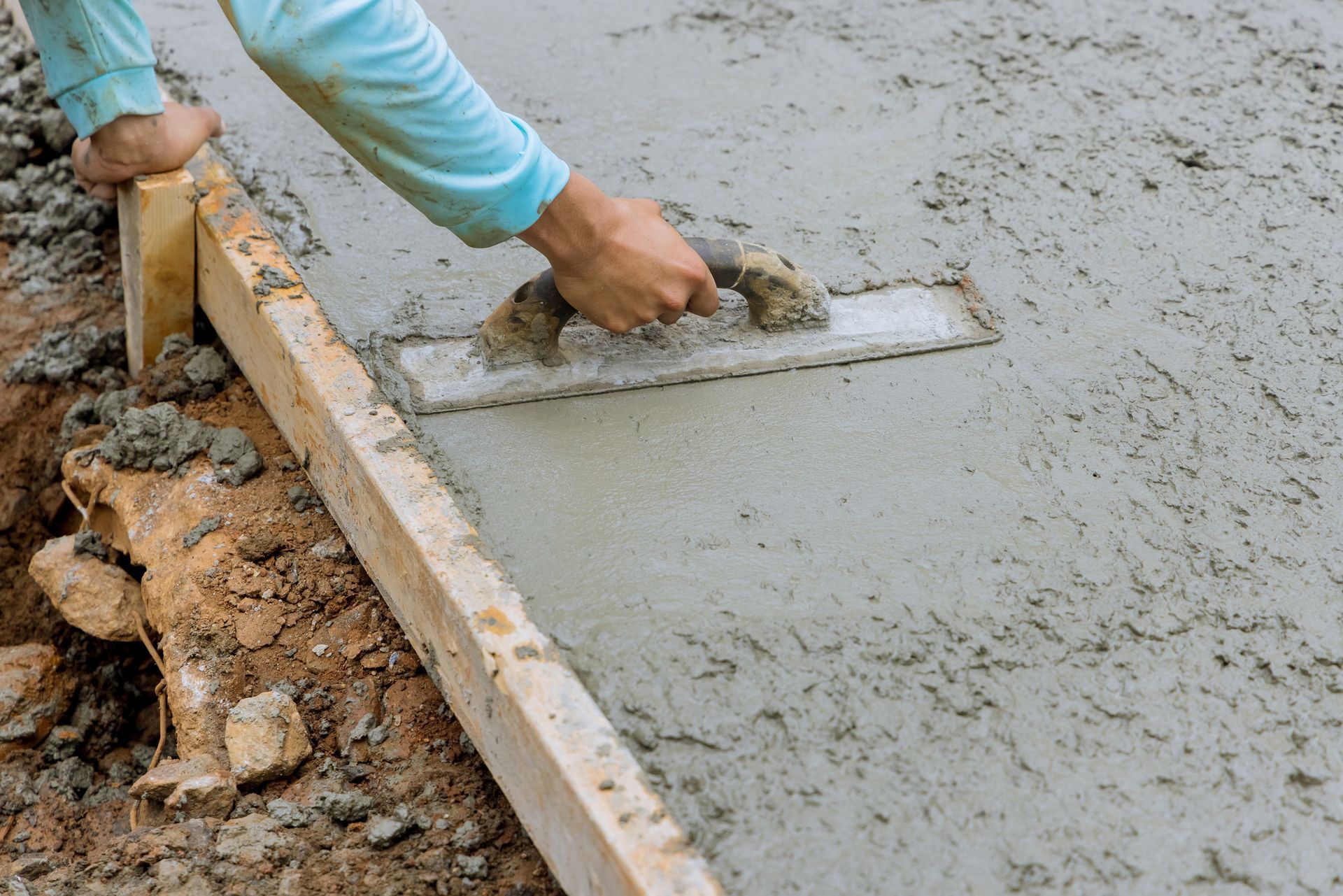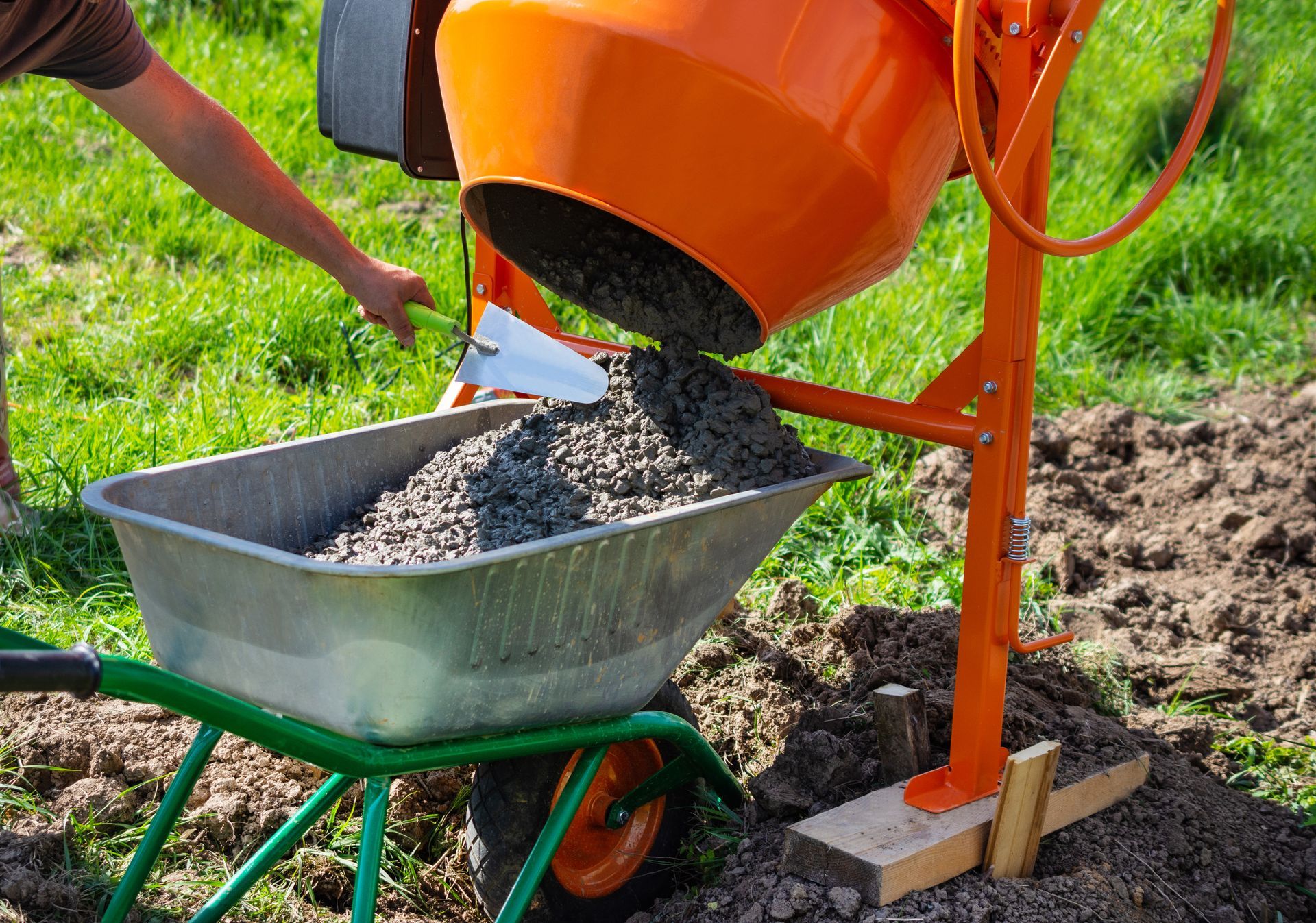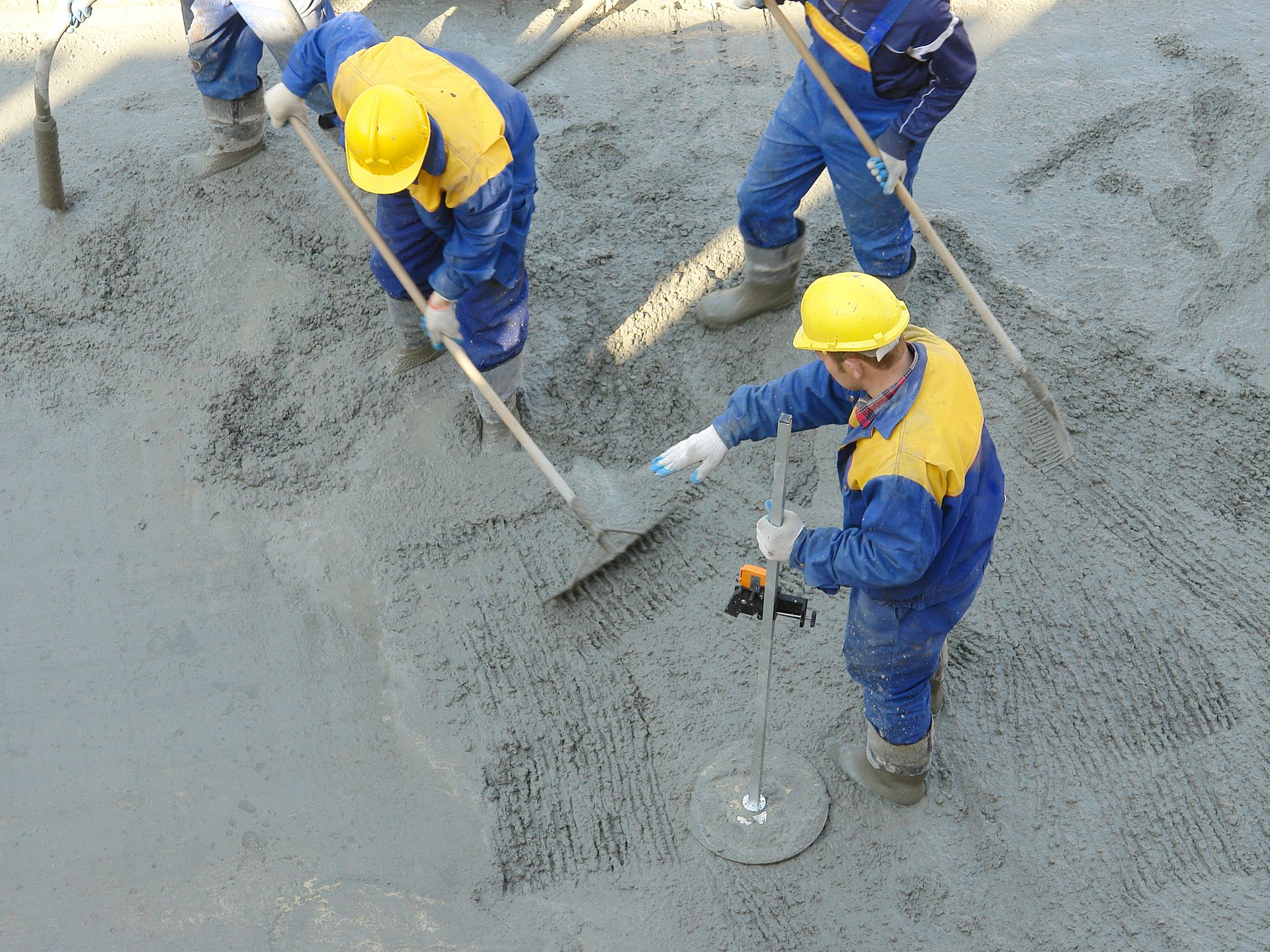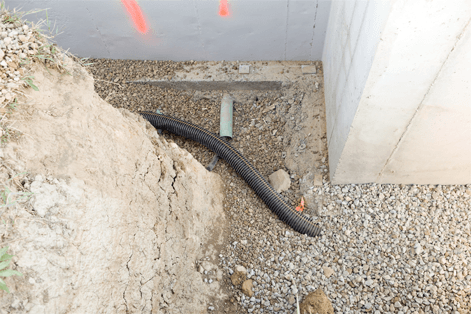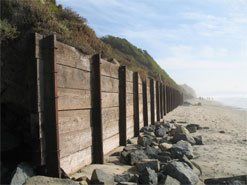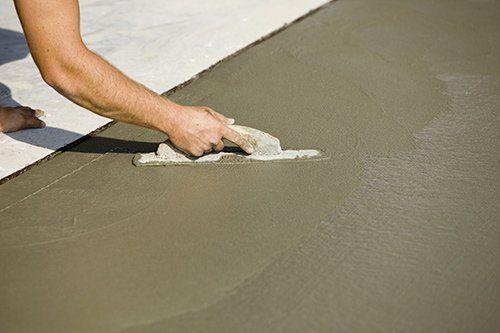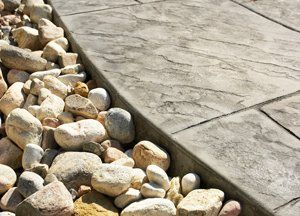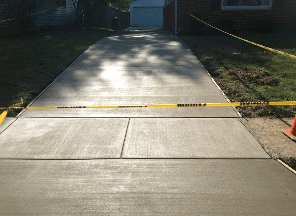3 REASONS CONCRETE IS AN EXCELLENT MATERIAL FOR BUILDING A SUSTAINABLE HOME
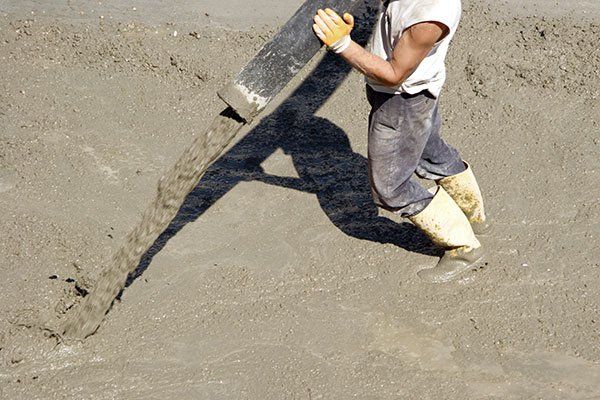
Building a brand-new home is a dream for many Americans. Having control over the style, layout and design of your home is a great way to have a home that is perfect for your lifestyle and needs and doesn't involve the many compromises that buying an established home may entail.
Along with room sizes, square footage and architectural features, creating a sustainable or green home is a very important consideration for a growing number of people across the country. By 2018, it's estimated that around 40 percent of the single-family housing market will be occupied by green construction.
If you'd like to build a sustainable home, then you've probably given a lot of consideration to the primary building materials that you're planning to use to construct it. Although there are many new ecofriendly materials that are available, concrete is an unlikely yet highly sustainable material that you may not have considered as a viable option for your green home.
Despite common perception, concrete actually meets most of the requirements that classify a material as sustainable. Here are three reasons you should consider concrete as one of the primary building materials for your brand-new green home.
1. IT'S HIGHLY DURABLE
Concrete is one of the most durable building materials available. It has a life span that is often many times longer than other commonly used materials. From a sustainability perspective, this is a very important characteristic. Long-lasting materials don't require regular replacement, which means a huge reduction in the use of resources over the life of your home.
Concrete also makes your home more resistant to the ravages of environmental elements. It won't rot, burn, rust or become infested with insects. This not only means a longer life span, but it also means that you won't need to spend valuable resources or money on preventing and repairing these issues over time.
2. IT HAS EXCELLENT THERMAL PERFORMANCE
Another vital characteristic of a sustainable home is how efficient it is in reducing the energy needed to keep it warm or cool throughout the different seasons. Insulation is an important part of achieving this characteristic, and concrete is a highly insulative material that is comparable to or better than many other sustainable building materials.
Concrete is an excellent material for providing thermal mass. Essentially, thermal mass refers to a material's ability to absorb and retain heat. In a cold climate, this is helpful for capturing the interior heat provided by your heating system and keeping your home warm.
In a hot climate, concrete's thermal mass can help keep your home cooler by absorbing exterior heat from the sun to keep your home cooler through the day. The heat that builds up in the concrete is then dispersed during the cooler nighttime hours.
3. IT CREATES MINIMAL WASTE
The amount of waste that's created by a building material is another factor that contributes to its rating as a sustainable product. In this respect, concrete stands above most other green materials. Concrete is produced to meet specific volumes, resulting in very small, if any, leftover materials as waste products.
Concrete is also completely recyclable. Unwanted concrete can be crushed to use in the construction of driveways and roads and can be used as filler for hard landscaping projects. It can even be used as the aggregate component when mixing new concrete.
If you think that concrete could be a valuable asset as a primary building material for your new ecofriendly home, then contact the team at Southport Concrete Corp. With over 20 years' experience in supplying concrete products to their customers, We’ll be able to provide you with the right advice to ensure that your green building project runs smoothly.
